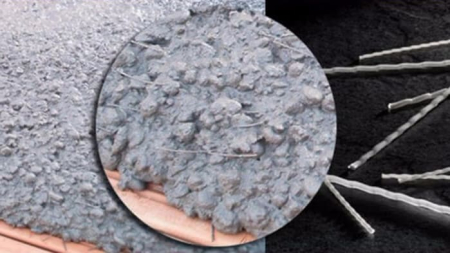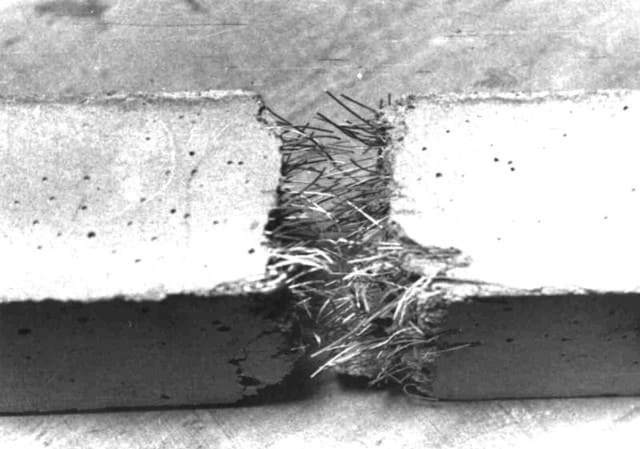
Impact of Polypropylene Fibers in Multiple Industries
Polypropylene is a type of plastic that is derived from petroleum. It is extremely versatile and can be used in a variety of applications. Polypropylene fibers are having a big impact in several industries. They offer many advantages over traditional materials, including being lighter and more resistant to moisture. Polypropylene is also an inexpensive material that can be easily recycled.

Polypropylene Fiber Reinforced Concrete
In the construction industry, polypropylene fiber reinforcement can be used to create stronger and more durable concrete. Fibers made from polypropylene are much stronger than traditional cement fibers, making them an ideal choice for construction projects where durability and strength are key concerns. In addition to being stronger, polypropylene fibers also resist corrosion and do not absorb water, meaning they will not degrade over time like other types of reinforcement materials.
PP Fiber in Automotive Applications
Polypropylene is also being used in the automotive industry to create lighter and stronger car parts. This synthetic fibre is made from propylene monomers and offers a number of advantages over other materials. Polypropylene fibres are strong yet lightweight, making them ideal for use in cars. They're also resistant to chemicals and heat, meaning they won't corrode or melt easily. Perhaps most importantly, polypropylene fibres are much cheaper than other options such as carbon fibre.
Textile Polypropylene Fibers
In the textile industry, polypropylene fibers are revolutionizing fabric production by making fabrics more resistant to wrinkles and stains.
Polypropylene fibers are quickly becoming a staple in the textile industry due to their many advantages. Polypropylene is a synthetic material that is resistant to wrinkles and stains, making it ideal for use in fabric production. In addition, polypropylene fibers are also lightweight and strong, making them perfect for use in a variety of applications.
Recommended products
 |  |
| Microfiber FiberMix | Macrofiber PolyMesh |